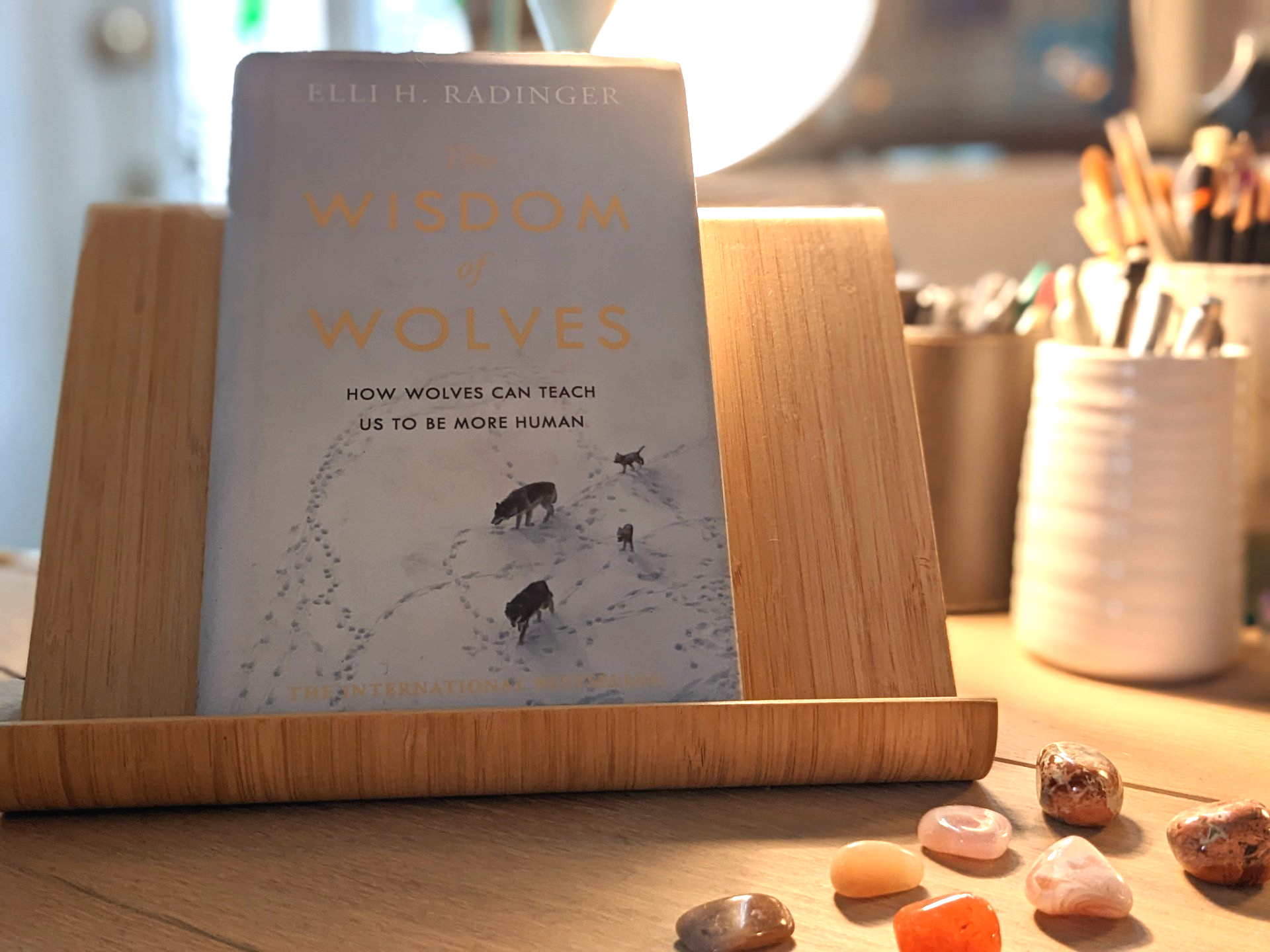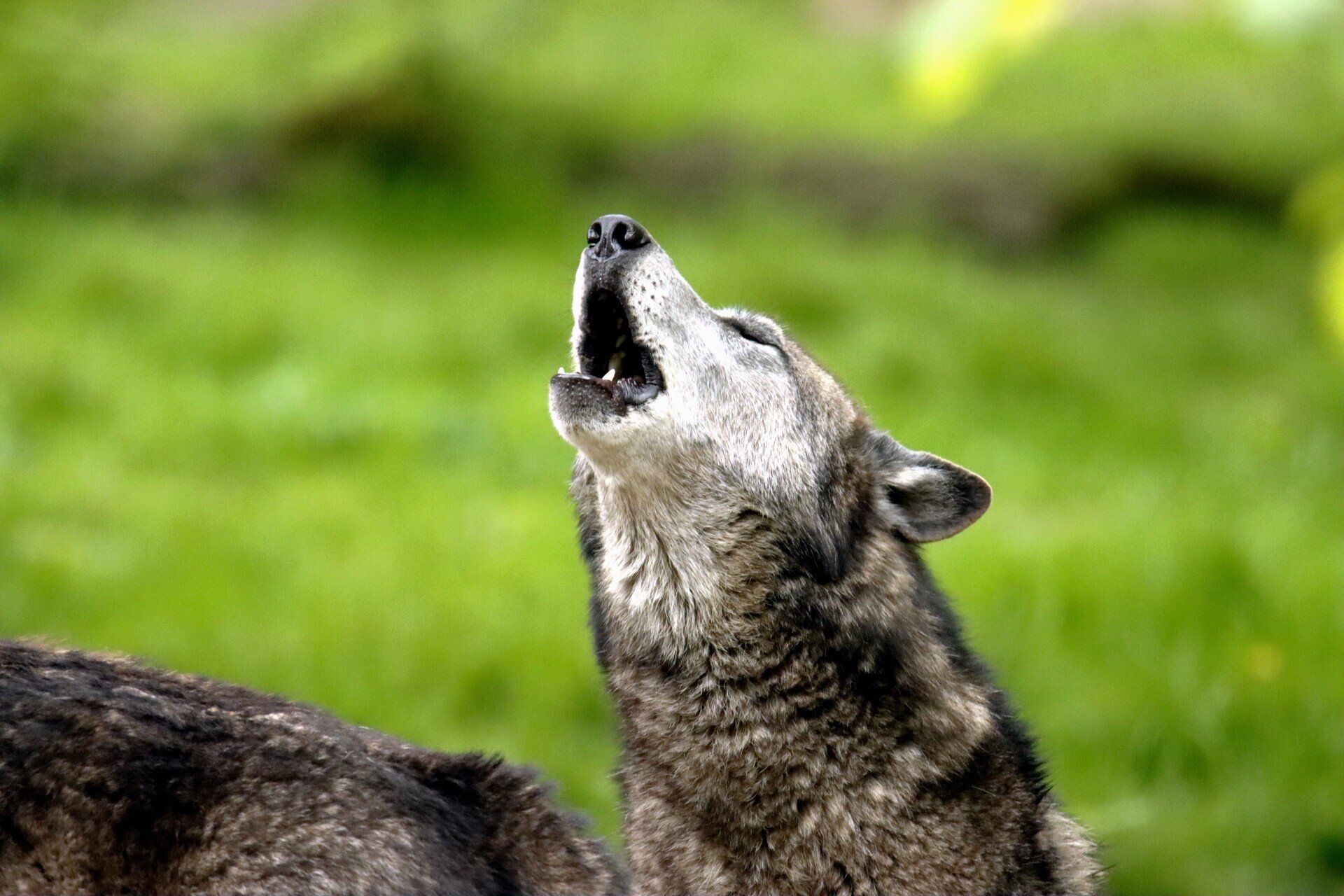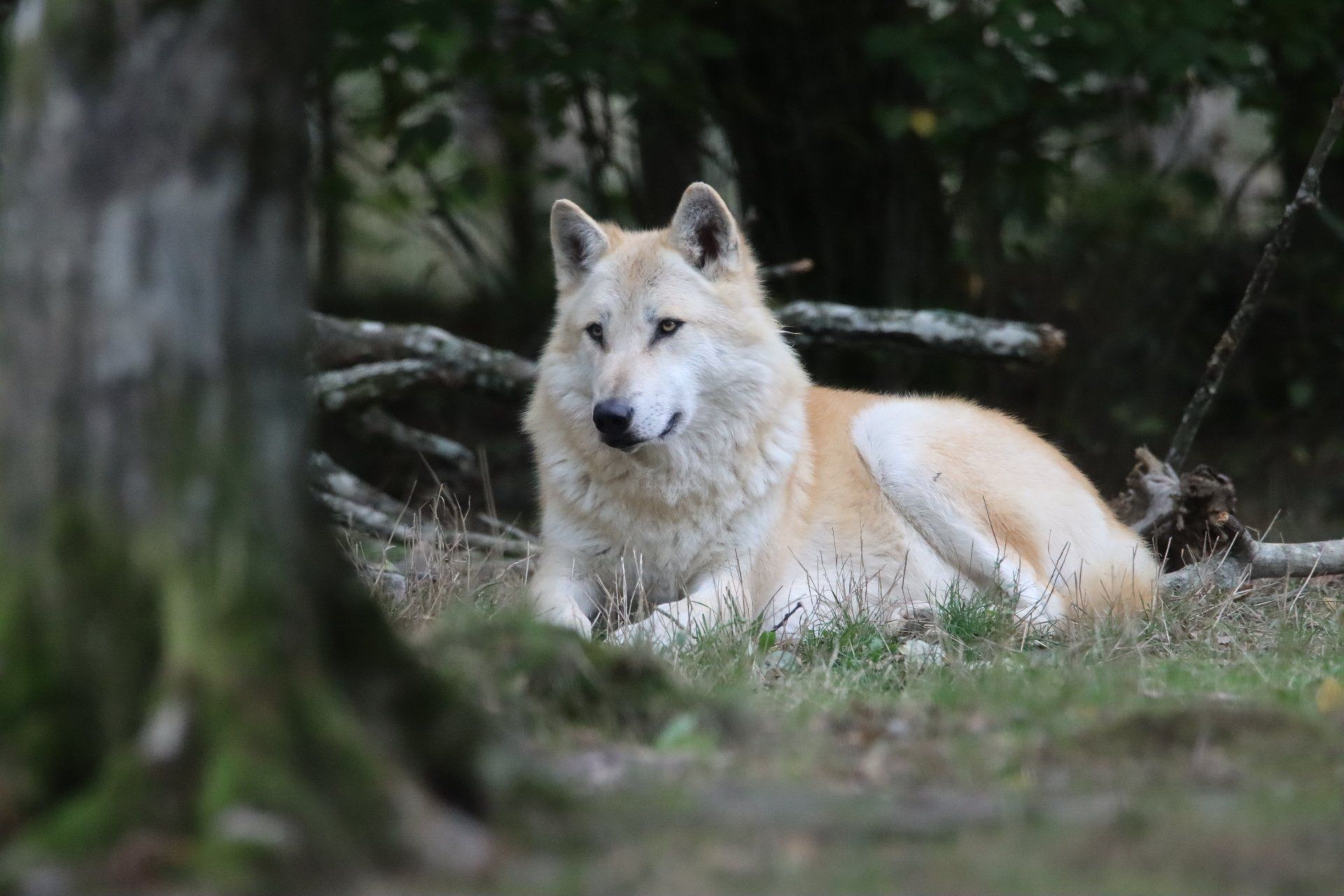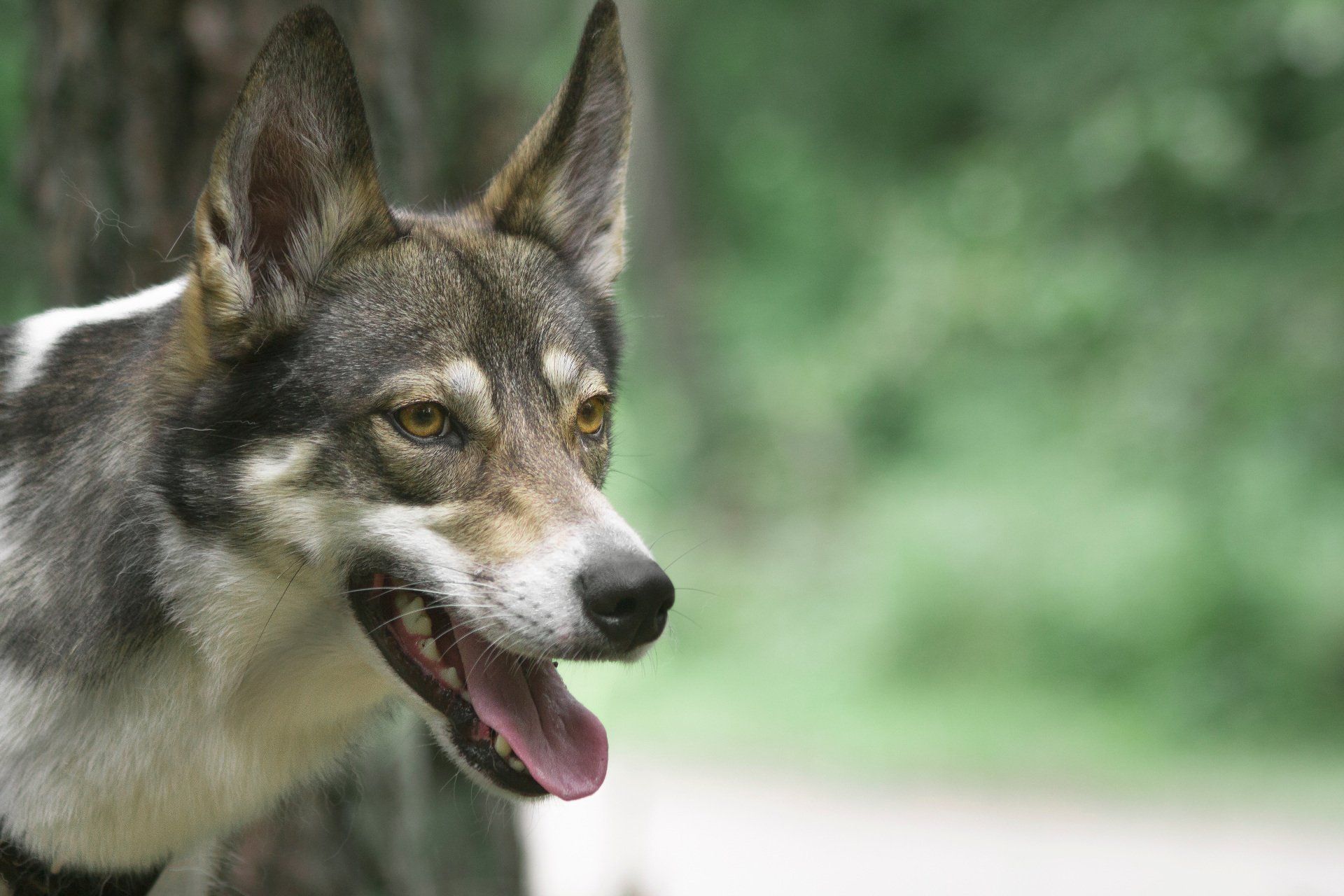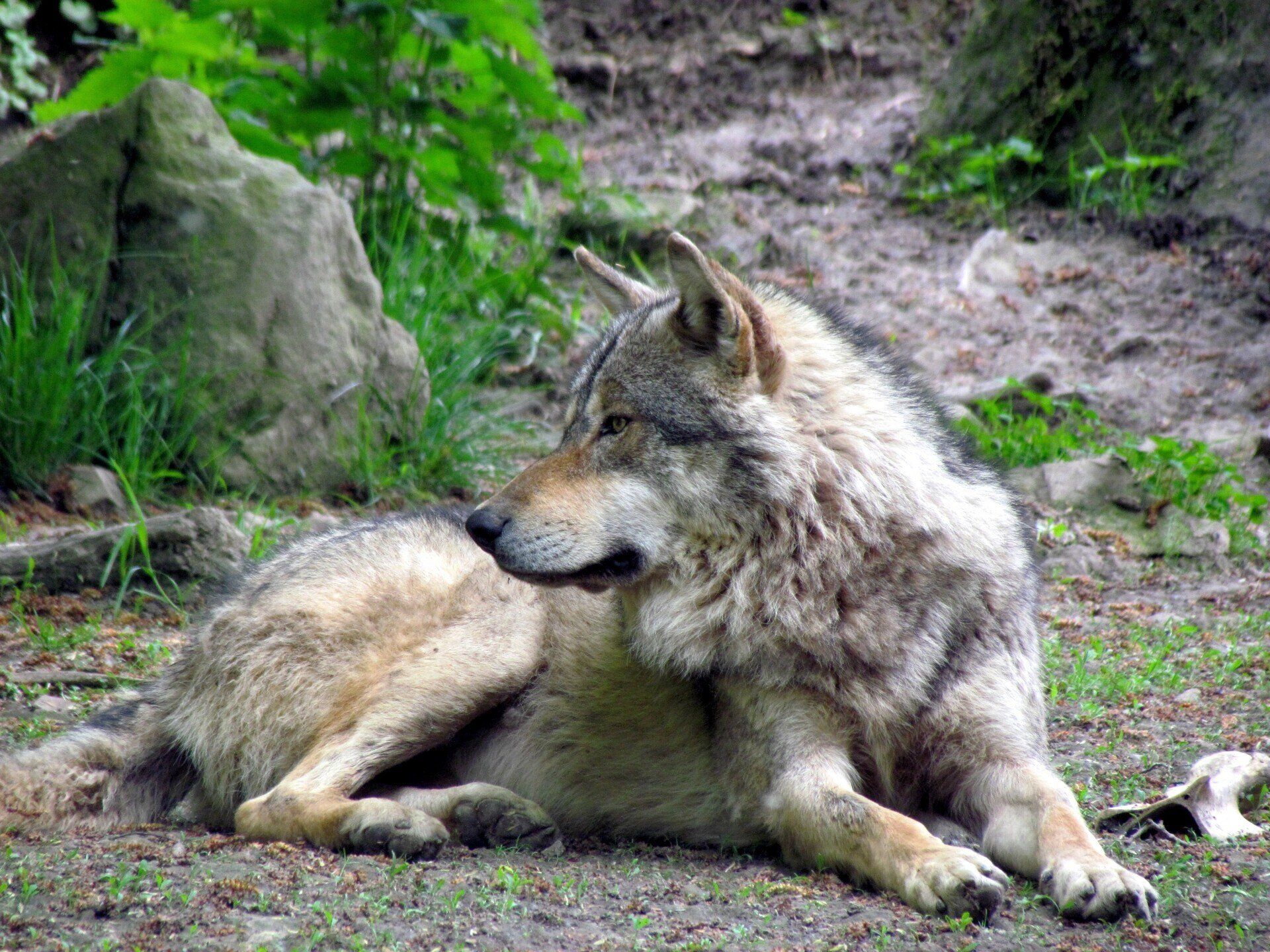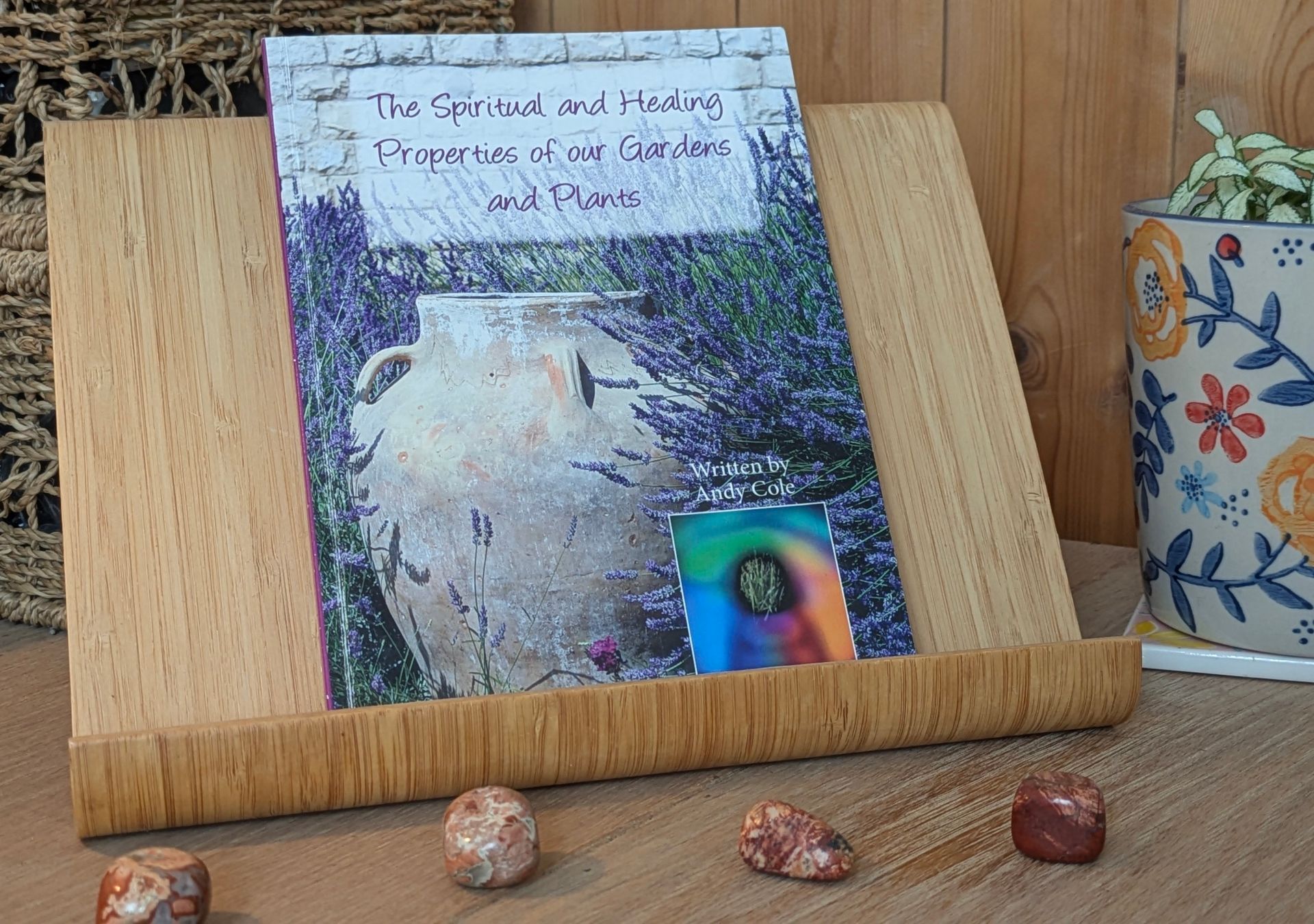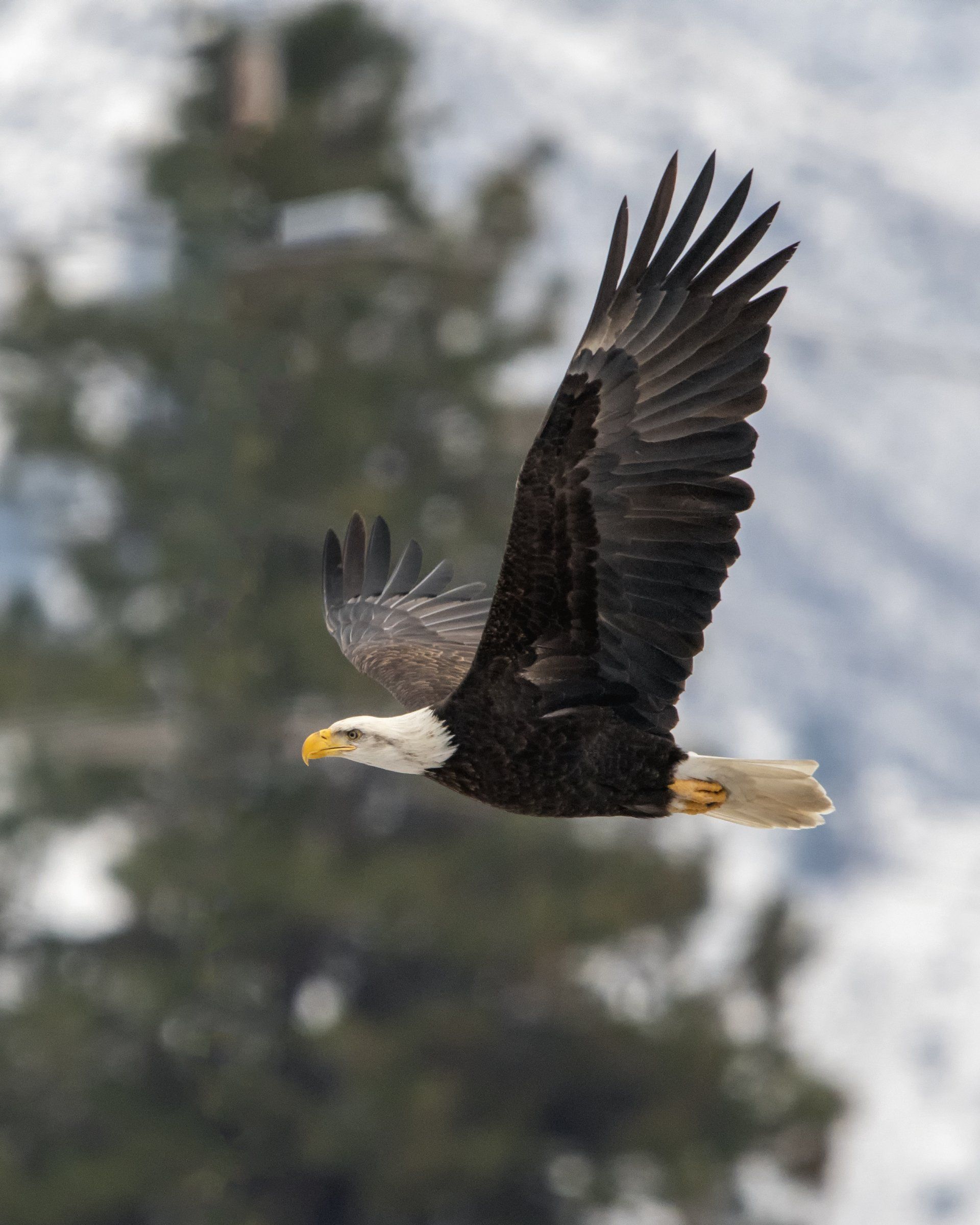This is a beautiful book written by naturalist, Elli Radinger, who draws on twenty-five years' experience in observing and recording the lives of the Timber Wolves in the wilds of Yellowstone National Park.
A vocation driven by a combined love of writing and a fascination for wolves, together with a kiss from a six year old Timber Wolf in an American wolf sanctuary, led to becoming a Volunteer Assistant Biologist on the Yellowstone Wolf Project in the Lamar Valley to the north of Yellowstone National Park.
Wolves are like us
The Wisdom of Wolves tells the story of a family of wolves based on their relationships, leadership, social roles, age, moral code and skills. The wolves Elli came to know and love demonstrated a remarkable range of cognitive ability including forward planning, decision making, learning, training, role play, hunting, parenting and survival. Having spent so many years watching, following and learning about thesee wolves, Elli identified a synergy between the ways of the pack and the ways of human beings.
'I've discovered that [wolves] are very similar to human beings in their behaviour: they are loving family members, firm but fair leaders, sympathetic helpers, crazed teenagers or silly jokers. My observations have taught me that the wolf is a great teacher from who we can learn a lot about life.'
Wolves live by family values
By spending such a long period of time observing her wolf family, Elli established a bond which she describes as being a loving relationship. Patiently learning about their way of life in terms of family bonds, intelligence and personalities, Elli began to recognise the independent wolf or she-wolf in herself. This raised questions and answers about the meaning of life which Elli shares at intervals throughout the book, and which are wonderfully interwoven with stories about the wolf family and how they consistently demonstrate exceptional
'wolf values.' These include intelligent survival strategies, a family-taught and respected moral code, and other altruistic behaviours.
Most interesting is the comparison of the wolves' behaviour to that of human beings. One is how play and affectionate interactions are used to nurture relationships and teach the young about boundaries, hidden dangers, companionship and other behaviours through gentle supervision and role-play. This benefits all members of the pack and every wolf plays their part which binds them together and holds the young pups in good stead to become healthy, independent members of a holistic family group.
As Elli says, we can learn from these caring and cooperative behaviours:
'Young wolves learn by observing their parents and imitating them, they do whatever they want to with their parents sometimes setting boundaries as part of their education. Every young wolf can have their own experiences and learn what actions have consequences, and wolf pups, like human children, need parents to show them the way.'
Wolves protect their community
Creating safe environments to bring up their young is something that can be compared to the ideal scenario in our world as in being brought up by loving parents who have our best interests at heart, or by carers who cared for us and did their best for us, or by a community that made us feel like we belonged. In the end, everybody needs somebody and we all need love. We can create such nurturing environments (based on a
superlative community culture and shared values) where everyone feels welcome and everyone helps each other so that there is always a safe place to nurture our young and share in the responsibility.
This brings to mind the old African proverb mentioned in
a previous post:
'It takes a village to raise a child.'
Wolves take responsibility
It is fascinating to discover that wolves create dynamic and altruistic teams that work together with a clear strategy and associated objectives, boundaries, roles and rules - all of which underpin their success stories. Wolves demonstrate
quality values when it comes to working together, communicating with each other, and looking after their own.
Wolves compare to humans emotionally and conscientiously. As Elli says, just like us:
'Wolves grieve. When a family member dies they go searching and are unsettled, sometimes aggressive, they howl dolefully for a long time. But eventually they pull themselves together, get up and get on with things. They follow the rhythm of life: they hunt, eat, reproduce and look after their families. They do what all living creatures do in nature: they celebrate the here and now.'
Wolves trust each other
Elli recognises wolves as sentient beings with an innate trust in themselves, their loved ones and their natural environment. This reminds us that human beings live most happily when we are able to trust each other in the same way. This is something we do well to nurture in ourselves so that we can enjoy a beautiful life on Earth together, as Elli says:
'Wolves are similar to us in many respects. Like them, we are living creatures with a personality, a soul, intelligence and emotions. They move perfectly in a world that is older and more mature than ours, they have sensory functions that we lost long ago or never developed, and can trust in voices that we never hear. And yet they are entangled with us, fellow creatures on this wonderful earth of ours.'
This book reminds us to show continuous affection to those we love, to
celebrate life in every moment, to never give up and, above all, to never stop playing.
Let's run with the wolves!
Sue Cartwright AInstAM
Community Assembly of the British Isles
Editor

